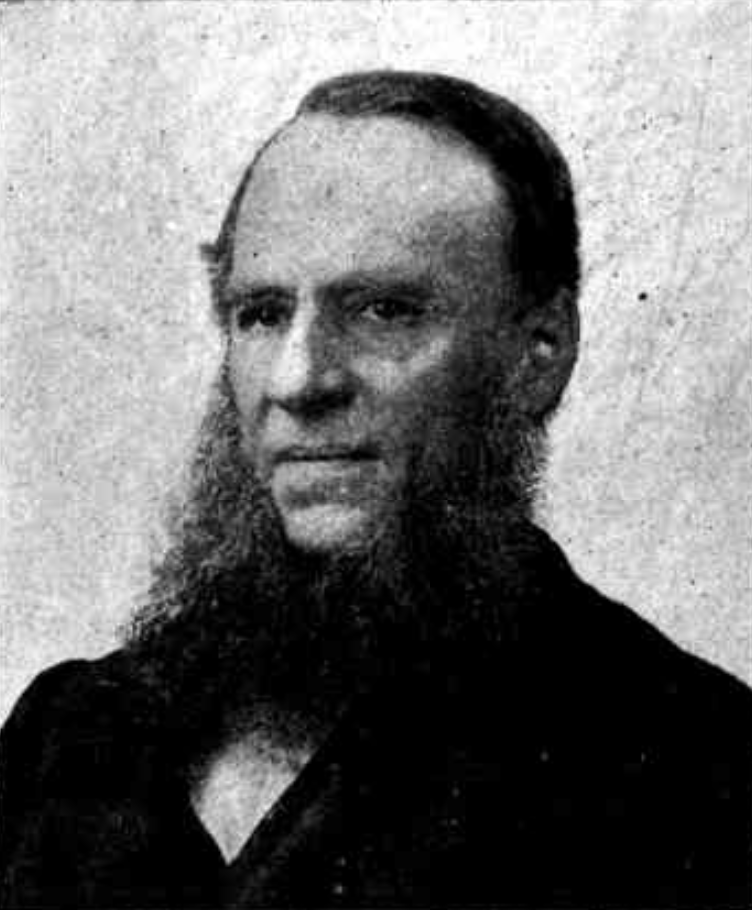William John Foster on:
[Wikipedia]
[Google]
[Amazon]
 William John Foster (13 January 1831 – 16 August 1909) was a politician and
William John Foster (13 January 1831 – 16 August 1909) was a politician and
 William John Foster (13 January 1831 – 16 August 1909) was a politician and
William John Foster (13 January 1831 – 16 August 1909) was a politician and Supreme Court judge
A supreme court is the highest court within the hierarchy of courts in most legal jurisdictions. Other descriptions for such courts include court of last resort, apex court, and high (or final) court of appeal. Broadly speaking, the decisions of ...
in colonial New South Wales
)
, nickname =
, image_map = New South Wales in Australia.svg
, map_caption = Location of New South Wales in AustraliaCoordinates:
, subdivision_type = Country
, subdivision_name = Australia
, established_title = Before federation
, es ...
, Attorney General
In most common law jurisdictions, the attorney general or attorney-general (sometimes abbreviated AG or Atty.-Gen) is the main legal advisor to the government. The plural is attorneys general.
In some jurisdictions, attorneys general also have exec ...
from 1877 to 1878.
Foster was born in Rathescar, County Louth
County Louth ( ; ga, An Lú) is a coastal county in the Eastern and Midland Region of Ireland, within the province of Leinster. Louth is bordered by the counties of Meath to the south, Monaghan to the west, Armagh to the north and Down to the ...
, Ireland, the son of Rev. William Henry Foster of Loughgilly, County Armagh, and his wife Catherine, Hamilton. Foster was educated at Cheltenham College, and at Trinity College Dublin
, name_Latin = Collegium Sanctae et Individuae Trinitatis Reginae Elizabethae juxta Dublin
, motto = ''Perpetuis futuris temporibus duraturam'' (Latin)
, motto_lang = la
, motto_English = It will last i ...
, where he took the Vice-Chancellor's prize for Greek in 1850, also the composition prize in the same year, as well as honours in classics and mathematics. He left the university in 1851.
Foster arrived in Sydney in August 1854, and for the first three years of his residence in New South Wales devoted himself to agricultural pursuits. He then studied law, and was called to the colonial bar in 1858, when he entered on the practice of his profession. In 1859 he published a work on the District Courts Act, which was the standard work on the subject until 1870, when a revised edition was issued. In 1877 be published a supplement to the same work. He acted as a Crown prosecutor from 1859 to 1862 and from 1864 to 1870, when he was appointed Crown Prosecutor for Sydney, in succession to Mr. Butler, who had accepted the Attorney-Generalship.
In December 1877 Foster resigned as Crown Prosecutor, and became Attorney-General in the Farnell ministry
The Farnell ministry was the eighteenth ministry of the Colony of New South Wales, and was led by James Farnell. Farnell was first elected to the New South Wales Legislative Assembly in 1860.
The eighth parliament had been a challenging enviro ...
, with a seat in the Legislative Council. Retiring with his colleagues in December 1878, he again took office in October 1881, being Minister of Justice
A justice ministry, ministry of justice, or department of justice is a ministry or other government agency in charge of the administration of justice. The ministry or department is often headed by a minister of justice (minister for justice in a v ...
in the Parkes Administration from that date till January 1883, when the Government resigned. He resigned from the Legislative Council in 1880 in order to successfully contest the seat of Newtown in the Legislative Assembly. In 1882 he was defeated, but was re-elected in 1885. Foster was made Queen's Counsel
In the United Kingdom and in some Commonwealth of Nations, Commonwealth countries, a King's Counsel (Post-nominal letters, post-nominal initials KC) during the reign of a king, or Queen's Counsel (post-nominal initials QC) during the reign of ...
in 1886, and in the following January he again took office as Attorney-General under Sir Henry Parkes
Sir Henry Parkes, (27 May 1815 – 27 April 1896) was a colonial Australian politician and longest non-consecutive Premier of the Colony of New South Wales, the present-day state of New South Wales in the Commonwealth of Australia. He has ...
, but resigned in May 1887, on the ground that his prior claim to the vacant Puisne Judgship had been slighted. The following February he accepted appointment as a judge of the Supreme Court. Foster married in 1854 Matilda Sophia, daughter of John Williams, of Landigige, Pembrokeshire. He on several occasions refused appointment as a judge of the District Court, and declined nomination to be the Speakers of the Assembly in 1887.
Foster died in Valley Heights, New South Wales
Valley Heights is a small township of the City of Blue Mountains in New South Wales, Australia. It is about from Sydney and is located east of the township of Springwood. At the , Valley Heights had a population of 1,337 people.
Valley Heig ...
on .
References
{{DEFAULTSORT:Foster, William John 1831 births 1909 deaths Judges of the Supreme Court of New South Wales Attorneys General of the Colony of New South Wales Members of the New South Wales Legislative Assembly Members of the New South Wales Legislative Council Colony of New South Wales judges 19th-century Australian politicians 19th-century Australian judges Australian King's Counsel